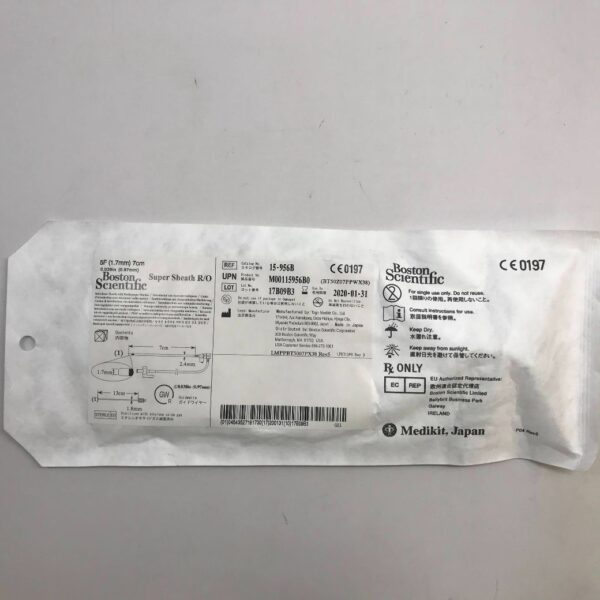

Clinicians should recommend to all stone formers a fluid intake that will achieve a urine volume of at least 2.5 liters daily. (Recommendation Evidence Strength: Grade C)Ĩ. Clinicians should not routinely perform "fast and calcium load" testing to distinguish among types of hypercalciuria. Metabolic testing should consist of one or two 24-hour urine collections obtained on a random diet and analyzed at minimum for total volume, pH, calcium, oxalate, uric acid, citrate, sodium, potassium and creatinine. Clinicians should perform additional metabolic testing in high-risk or interested first-time stone formers and recurrent stone formers. Clinicians should obtain or review available imaging studies to quantify stone burden. When a stone is available, clinicians should obtain a stone analysis at least once. Clinicians should obtain serum intact parathyroid hormone (PTH) level as part of the screening evaluation if primary hyperparathyroidism is suspected. A clinician should perform a screening evaluation consisting of a detailed medical and dietary history, serum chemistries and urinalysis on a patient newly diagnosed with kidney or ureteral stones.

While some of the statements in this guideline may be applicable to the pediatric population, this patient group was not the focus of our systematic review due to the limited number of relevant studies available. In the absence of sufficient evidence, additional information is provided as Clinical Principles and Expert Opinions. When sufficient evidence existed, the body of evidence for a particular clinical action was assigned a strength rating of A (high), B (moderate) or C (low).

In total, these sources yielded 46 studies that were used to inform the statements presented in the guideline as Standards, Recommendations or Options. To augment and broaden the body of evidence provided in the original AHRQ report, the American Urological Association (AUA) conducted additional supplementary searches of PubMed and EMBASE for relevant articles published between January 2007 and November 2012 that were systematically reviewed using a methodology developed a priori. That report included rigorous searches of MEDLINE, the Cochrane Database of Systematic Reviews, Google Scholar and for English-language studies published from 1948 through November 2011 relevant to recurrent nephrolithiasis in adults. The primary source of evidence for this guideline was the systematic review and data extraction conducted as part of the Agency for Healthcare Research and Quality (AHRQ) Comparative Effectiveness Review titled Recurrent Nephrolithiasis in Adults: Comparative Effectiveness of Preventative Medical Strategies (2012). The purpose of this guideline is to provide a clinical framework for the diagnosis, prevention and follow-up of adult patients with kidney stones based on the best available published literature. Physician Scientist Residency Training Awards Resources for Coding and Reimbursement Processīoston Scientific Medical Student Innovation Fellowship Urology Scientific Mentoring and Research Training (USMART)īrandeis University’s Executive MBA for Physicians

Section Meeting Request for Course of ChoiceĬonfidentiality Statement for Online EducationĪctivities for the AUA Leadership Program Urology Residency ProgramsĪdditional Fellowships for InternationalsĬontinuing Medical Education & AccreditationĪUA Continuing Education (CE) Mission Statement Transgender and Gender Diverse Patient CareĪccredited Listing of U.S. Request a Hands-on Urologic Ultrasound Course Training Guidelines for Urologic Ultrasound Urologic Ultrasound Practice Accreditation Practice Guideline for Urologic Ultrasound
Guideliner radiopaque marker series#
Young Urologists Podcasts & Webcast Series Young Urologists of the Year Award Winners The AUA Residents and Fellows Committee Teaching Award Residents and Fellows Committee Essay Contestįrequently Asked Questions about the Residents Forum Residents and Fellows Committee Activities Volunteer Opportunities for Residents and Young Urologists


 0 kommentar(er)
0 kommentar(er)
